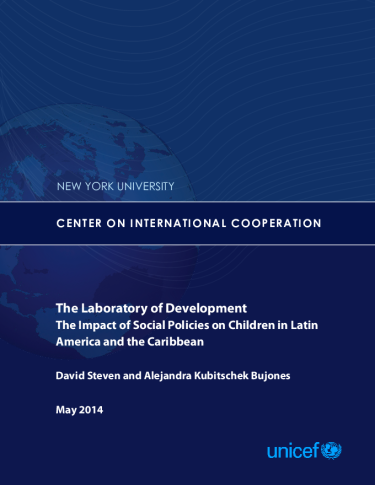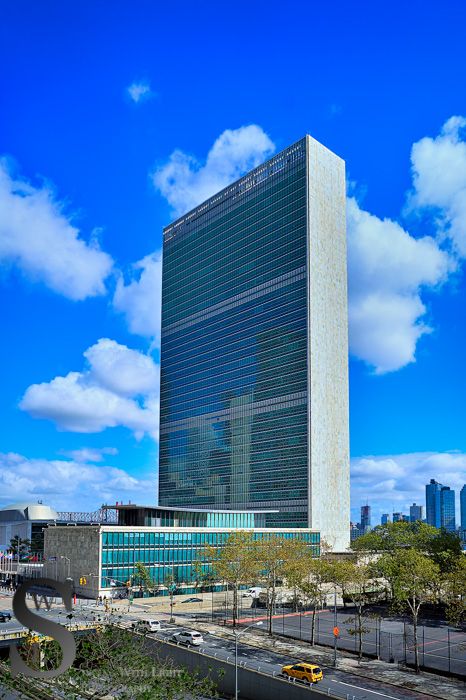The Latin America and Caribbean region is distinguished by the range of policies that it has developed to respond to both the opportunities and risks of contemporary globalization. From efforts to increase macroeconomic stability and major programs of economic reform, through innovative investments in social welfare and protection, to fresh approaches to compensating those providing environmental goods and services, the region has been at the forefront of developing new economic, social, and environmental policies.
Prepared at the request of UNICEF in Latin America and the Caribbean, this paper explores the concept of the region as a laboratory for development by focusing on progress made in meeting the region’s obligations under the Convention on the Rights of the Child, the policies that have supported this progress, and the lessons that can be drawn for children’s future prospects.
The paper first provides an overview of regional trends that have led to positive outcomes for children and identifies countries that have made especially fast progress. The paper’s second section explores major policies that have had an impact on children’s lives. Finally, the paper outlines the major challenges that the region must confront if it is to continue improving the lives of children.



